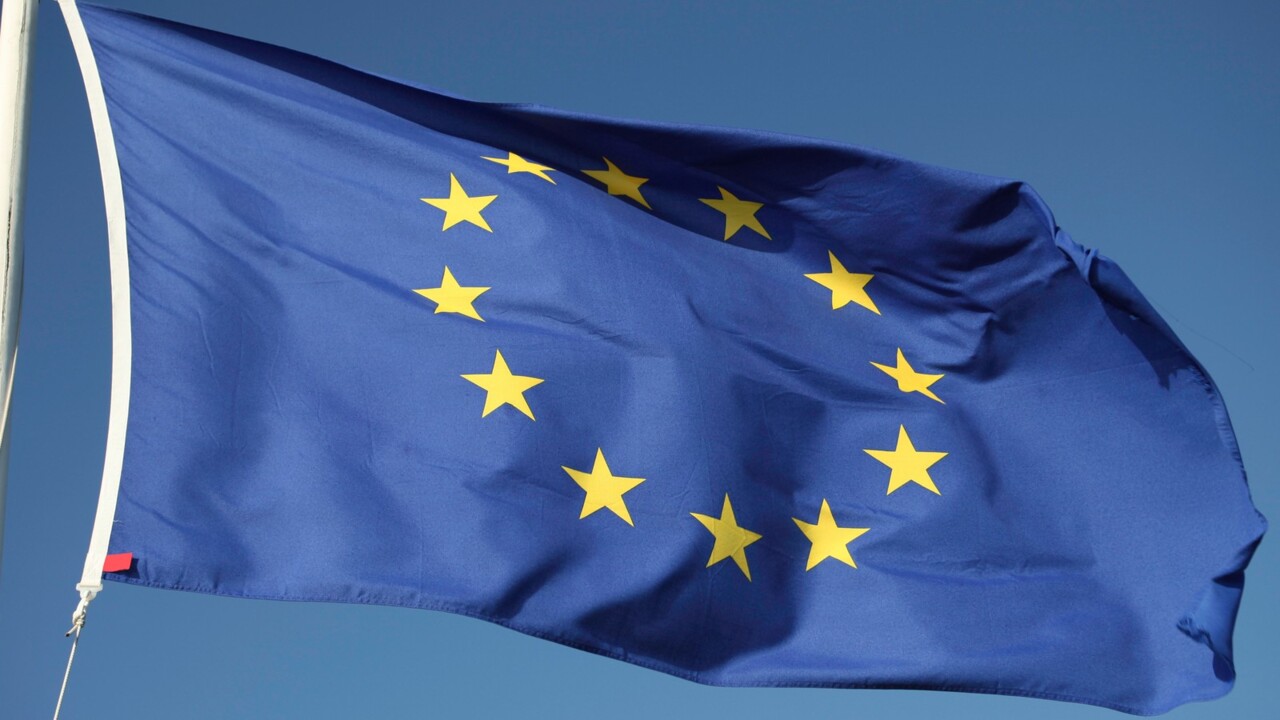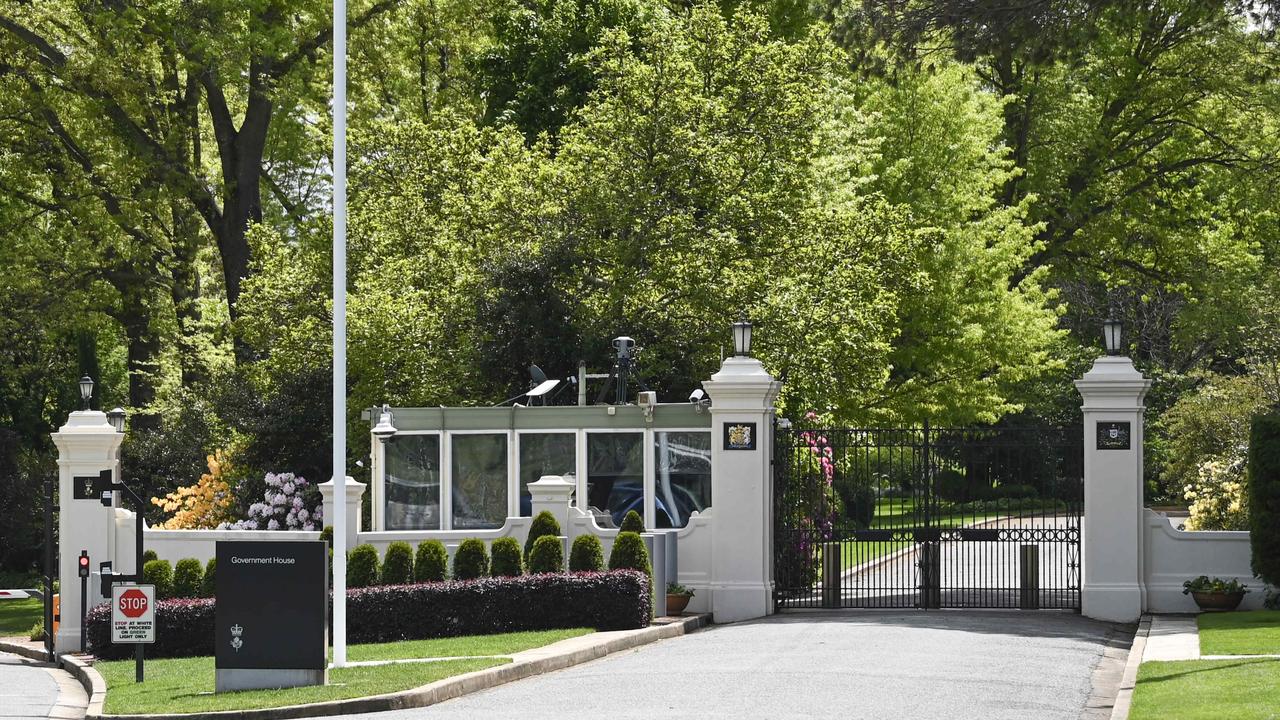The Covid myth that spread like wildfire
With experts fearing Australia was headed for a winter Covid tsunami, one myth spread like wildfire. Too bad it wasn’t true

When I arrived back in Australia a couple of weeks ago from an overseas work trip I thought I would be flying into an apocalypse.
Innumerable media articles were breathlessly reporting the views of uncannily pessimistic experts that a Covid tsunami was about to crash on Australia with the latest variants more infectious than measles.
Naturally Twitter got very excited and spread the news like wildfire. The Covid catastrophists even seemed to be strangely happy about it.
One infamous tweet — retweeted almost 20,000 times — read: “The original Covid had an Ro value of 3.3, meaning each infected person infected 3.3 others. Low transmissibility, yet still killed millions. Measles is the highest with an Ro value of 18. The latest Covid subvariants have an Ro value of 18.6. If you think it’s over, guess again.”
Yoiks! But unfortunately for our “#resist” Twitter activist and fortunately for the rest of us this so-called data was, to use the scientific term, bullshit.
The august news organisation Reuters conducted this rather unambiguous factcheck on July 16, supported by a host of scientists and epidemiologists.
Its verdict: “False. The basic reproduction number of the BA.5 Omicron variant was miscalculated as 18.6, scientists say, and therefore it is not greater than that of measles, and BA.5 is not the most infectious viral disease known.”

Yet this false fact sat on the website of no less a body than the Royal Australian College of General Practitioners for three weeks. In fact if you Google “Covid more infectious than measles” the first result to appear is from the RACGP website published on July 6 with the highlighted quote: “BA.4/5 are as contagious as measles”.
It is only when you click on the link you see that the article was amended no less than 21 days later. If a week is a long time in politics, then three is an eternity in a pandemic.
“Correction: This article was updated at 2.25pm on 27 July to update incorrect estimates for the basic reproduction number (R0) for COVID subvariants BA.4/BA.5 and BA.2.”
So much for that.
Then there were the various predictions of skyrocketing cases that would never abate unless mask mandates were reimposed.
So imagine my surprise when I picked up The Australian on Wednesday and saw on the front page an article that began: “Australia has seen the worst of the Covid-19 pandemic and future waves of infections are likely to be smaller with less severe disease, top infectious disease modellers say.”
And say it they did. Not only had the peak of the winter wave already passed but future waves wouldn’t even be as bad.
So yet again the doomsayers were wrong, wrong and wrong. It would almost be satire but the problem is it’s not that funny. Instead these people are causing unnecessary panic and undermining trust in their own professions, be it media or medicine.
Thankfully there are also professionals in both fields who have been far more realistic and optimistic and, as it turns out, right.
I have always thought there is a special place in hell for journalists who attack other journalists so I’m certainly not going name or shame, and the epidemiologist who made the error has, to his credit, acknowledged it.

But the damage has been done — either to those who still live in irrational fear of Covid’s impact or to the willingness of others to heed the advice of such experts in the future when their previous predictions have proven so wildly wrong.
So why are so many presumably intelligent people so quick to produce or peddle such wrong information?
In fact it’s the same thing wrong with pretty much the whole 21st century and why we have seen so much political upheaval in recent years.
This is a phenomenon known as “confirmation bias” in which people seek out or only adhere to information that confirms their previously held beliefs, an ideological epidemic tailor made for the digital age.
Thus people who have believed or predicted that Covid is or will be a far greater disaster than it actually is will search for and cling to anything that supports that bias.
And so convinced do they become of their newly confirmed bias that they think that anyone who questions such claims — or the intensity of irrational restrictions — must be a nutbag anti-vaxxer.
And yet this is the exact same deranged approach taken by the anti-vaxxers themselves, who are so obsessed with every excruciatingly rare death or injury caused by a Covid vaccine and utterly oblivious to the tens of millions of deaths vaccines have prevented.
As always in any debate on any issue the two extremes on either side are as bad, sad and stupid as each other. The tragedy is that the vast majority in the sensible but often silent centre so often pay the price.
Fortunately that yoke seems to be finally lifting. When I actually arrived back in Australia after reading all the reports of Armageddon I was surprised and delighted to find the country was in fact exactly the same as I left it. The mood did not match the doom.
Instead people were doing as they pleased and taking whatever precautions that made them feel comfortable. Almost all the faces I could see were relaxed, happy and smiling.
And I like to think that maybe the masked ones were smiling too.




